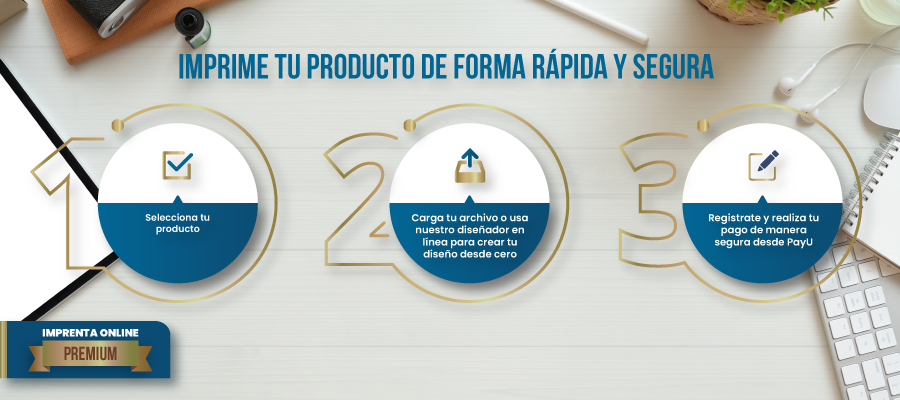What Is CFD Trading And How Does It Work?
The use of leverage in CFD trading can lead to significant losses. While it amplifies potential profits, it also magnifies the impact of losses, and traders can lose more than their initial investment. As a result, traders should be aware of the significant risks when trading CFDs. So, while traditional markets expose the trader to fees, regulations, commissions, and higher capital requirements, CFDs trim traders’ profits through spread costs. CFDs allow traders ADSS forex broker and investors to profit from price movement without owning the underlying assets. The CFD does not consider the asset’s underlying value, only the price change between the trade entry and exit.
CFD trading is safe, but there are several risks involved of which both new and experienced investors should be aware. If your equity level falls below the required minimum, your broker can automatically close your positions and you will lose all of your initial investment. CFDs are popular in financial markets, including stocks, indices, commodities, currencies, and cryptocurrencies. CFD trading is the method of speculating on the underlying price of an asset – like shares, indices, commodities, cryptos, forex and more – on a trading platform like ours.
What are some of the the best CFD trading platform?
With FXTM, you can use the industry’s most popular platforms to trade CFDs across shares, indices, commodities. MetaTrader is complete with updated tools to give Beyond Technical Analysis you a smooth, user-friendly CFD trading experience. Margin and leverage are important considerations when trading CFDs.
It is, of course, up to the individual investor to consider their risk tolerance and decide whether the opportunities are more heavily weighted. Contracts for Difference (CFDs) are subject to stringent regulation designed to ensure fair markets and protect investors. These regulations are enforced by various financial authorities which have the power to implement protective measures. As a technologically advanced CFD platform, offering the ultimate trading experience, Capital.com has many positive features, which can add to traders’ experience. For example, if you expect the price of gold to increase you may want to open a position with a CFD on gold. Imagine the quoted price is $1,200/$1,205 (this is the bid/ask spread).
51% of retail investor accounts lose money when trading CFDs with this provider. You should consider whether you understand how CFDs work, and whether you can afford to take the high risk of losing How to buy digital yuan your money. With this form of trading, you don’t own the underlying asset – you’re only getting exposure to its price movements.
Boost Your Financial Insights – 75% Off Today Only!
Online CFD trading offers traders access to a wide range of underlying assets, from a single trading platform, and the ability to trade with leverage. To understand how CFD trading works, let us consider an example. Suppose a trader wants to speculate on the price movements of Apple Inc. shares.
Understanding Leverage
- The CFD industry isn’t highly regulated so the broker’s credibility is based on its reputation and financial viability.
- Lower margin requirements mean less capital outlay and greater potential returns for the trader.
- Rapid market movements and the potential for significant gains or losses can lead to stress and emotional decision-making.
- When trading CFDs, you’re predicting whether an asset’s price will rise or fall.
- This situation introduces counterparty risk, the risk that the broker may default on the contract or face insolvency.
Stop-losses can be implemented when opening short positions to help manage risk and mitigate losses. Options and futures are complex instruments which come with a high risk of losing money rapidly due to leverage. First, learn more about CFD trading via IG Academy or our demo account. Once you are confident enough, and familiar with the risks, you can open and fund a CFD account, choose which market you want to trade and do thorough analysis of the asset.
If you’ve ever wondered how you can take advantage of market movements without actually owning the underlying assets, a Contract for Difference (CFD) might be the perfect fit for your portfolio. The spread cost is the difference between the purchase (ask) price and the sale (bid) price of a CFD. It is a critical cost that traders pay when they execute a trade. For example, if the asking price of a CFD is $20.50 and the bid price is $20.45, the spread is $0.05.


Leave your comment